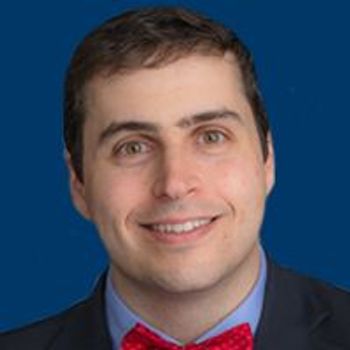
David A. Braun, MD, PhD, discusses the evolving treatment landscape of renal cell carcinoma.

Your AI-Trained Oncology Knowledge Connection!


David A. Braun, MD, PhD, discusses the evolving treatment landscape of renal cell carcinoma.
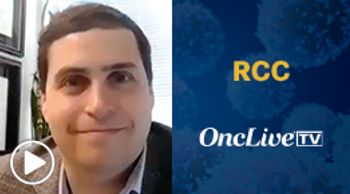
David A. Braun, MD, PhD, discusses considerations with immunotherapy-based regimens in patients with renal cell carcinoma.
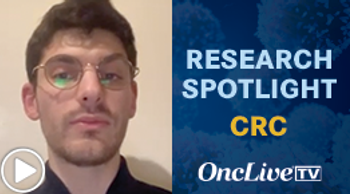
Elias Bou Farhat, MD, discusses an investigation of NGS sensitivity vs standard IHC alone in the assessment of dMMR colorectal cancer or endometrial cancer.
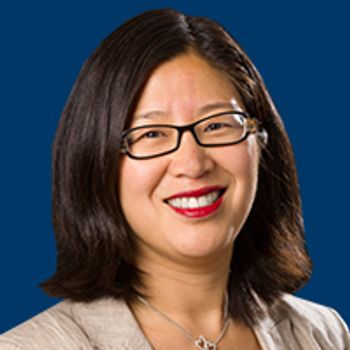
Anne Chiang, MD, PhD, discusses understanding the heterogeneity of SCLC to determine which patients will respond to targeted therapy.
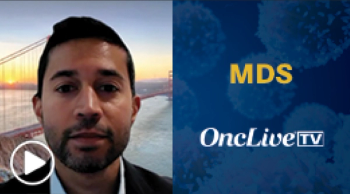
Sunil Iyer, MD, discusses the mechanism of action of imetelstat in patients with lower-risk myelodysplastic syndrome with anemia.
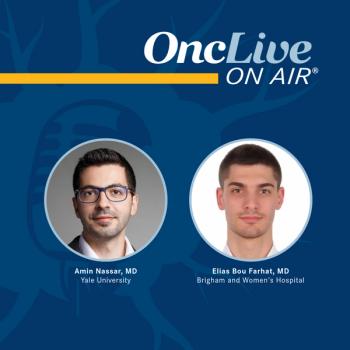
Drs Nassar and Bou Farhat explain how tumor-only NGS could address the limitations of IHC testing for MMR mutation signatures across several tumor types.

Arianna Gianakos, DO, discusses the innovation in orthobiologics and trailblazing paths in equity and advocacy.
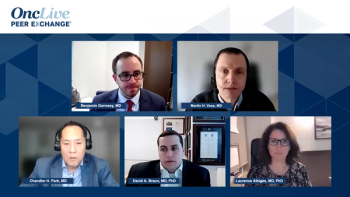
Focusing on the KEYNOTE-B61 trial evaluating lenvatinib plus pembrolizumab in the first line, a panel of medical oncologists react to clinical trial data on combination regimens in non–clear cell renal cell carcinoma.
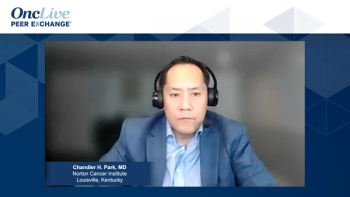
Chandler H. Park, MD, highlights cabozantinib monotherapy data from the SWOG 1500 study in non–clear cell renal cell carcinoma.
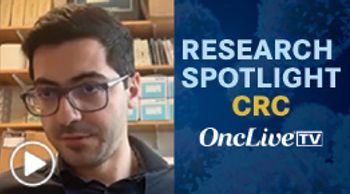
Amin Nassar, MD, discusses the investigation of NGS plus standard IHC to detect dMMR status in patients with colorectal cancer or endometrial cancer.
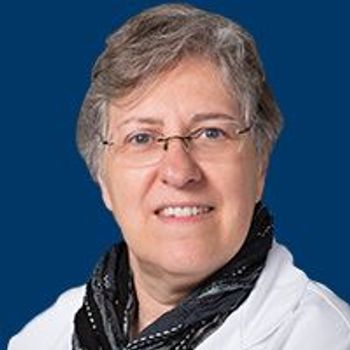
Yale Cancer Center will share data for breakthrough and emerging cancer treatments at the AACR Annual Meeting.

The expert panel gives an overview of non–clear cell renal cell carcinoma, highlighting disease subtypes and treatment approaches.

Following a review of research on belzutifan in the advanced RCC space, the expert panel has a comprehensive discussion on treatment approaches and toxicity management.
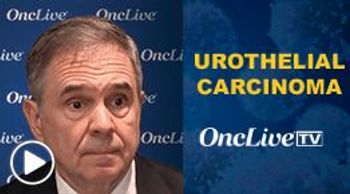
Daniel Petrylak, MD, discusses treatment with enfortumab vedotin plus pembrolizumab in patients with urothelial carcinoma in the community setting.
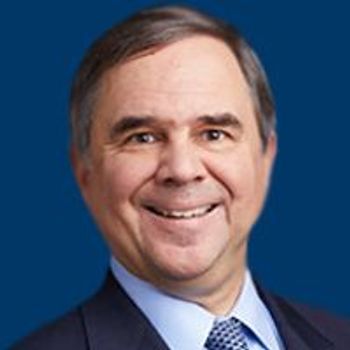
Daniel P. Petrylak, MD, discusses the importance of molecularly-driven clinical trials and ongoing research with novel therapeutics in urothelial carcinoma.

Daniel P. Petrylak, MD, discusses advancements in the treatment of patients with bladder cancer.

Focusing on belzutifan, Laurence Albigès, MD, PhD, reviews data from the LITESPARK-005 clinical trial, and Martin H. Voss, MD, discusses the ongoing LITESPARK-011 trial.

Experts on advanced RCC discuss the CONTACT-03 trial evaluating atezolizumab plus cabozantinib following immune checkpoint inhibitor treatment in patients with inoperable disease.

Incorporating the Breast Cancer Index test assay into practice affected clinicians’ decision to offer endocrine therapy in HR+ early-stage disease.
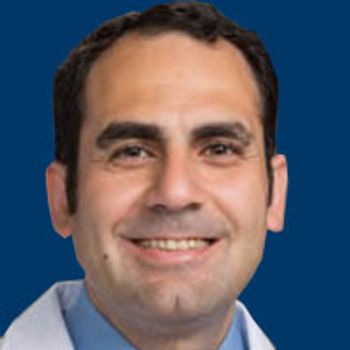
Amer Zeidan, MBBS, MHS, has been appointed inaugural chief of the Division of Hematologic Malignancies at Yale Cancer Center.

David A. Braun, MD, PhD, provides clinical insights on factors that influence treatment decisions in the second line and beyond for patients with advanced clear cell RCC.

Focusing on the LITESPARK-003 and LITESPARK-024 trials, Laurence Albigès, MD, PhD, discusses novel doublet regimens under investigation in the first-line setting in advanced renal cell carcinoma.

Medical oncologists provide clinical insights on managing adverse events associated with IO-TKI and IO-IO regimens in patients with advanced renal cell carcinoma.

The expert panel reacts to 55-month follow-up data from CheckMate 9ER assessing nivolumab plus cabozantinib in patients with newly diagnosed advanced RCC.

David A. Braun, MD, PhD, shares his takeaways from the network meta-analysis on lenvatinib plus pembrolizumab in advanced RCC, and Martin H. Voss, MD, discusses outcomes with cabozantinib following frontline lenvatinib plus pembrolizumab.

Chandler H. Park, MD, discusses the LEAP study investigating lenvatinib plus pembrolizumab in patients with renal cell carcinoma with brain metastasis.
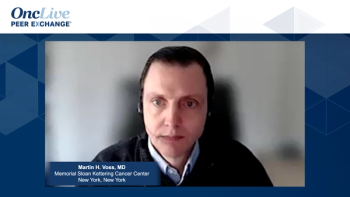
Martin H. Voss, MD, gives an overview of the CLEAR study evaluating lenvatinib plus pembrolizumab in frontline advanced RCC and discusses recent subgroup analyses.
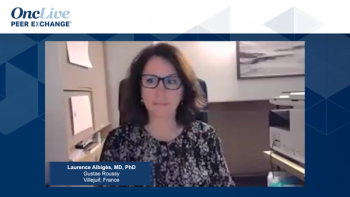
Laurence Albigès, MD, PhD, reviews recently presented data from CheckMate 67T, which is assessing subcutaneous vs intravenous nivolumab in patients with previously treated RCC.

The expert panel discusses the 8-year follow-up data from CheckMate 214 looking at nivolumab plus ipilimumab in first-line advanced RCC and provide clinical insights on treatment decisions.

A panel of medical oncologists who specialize in renal cell carcinoma (RCC) introduce themselves and discuss the first-line treatment landscape and risk stratification of clear cell RCC.